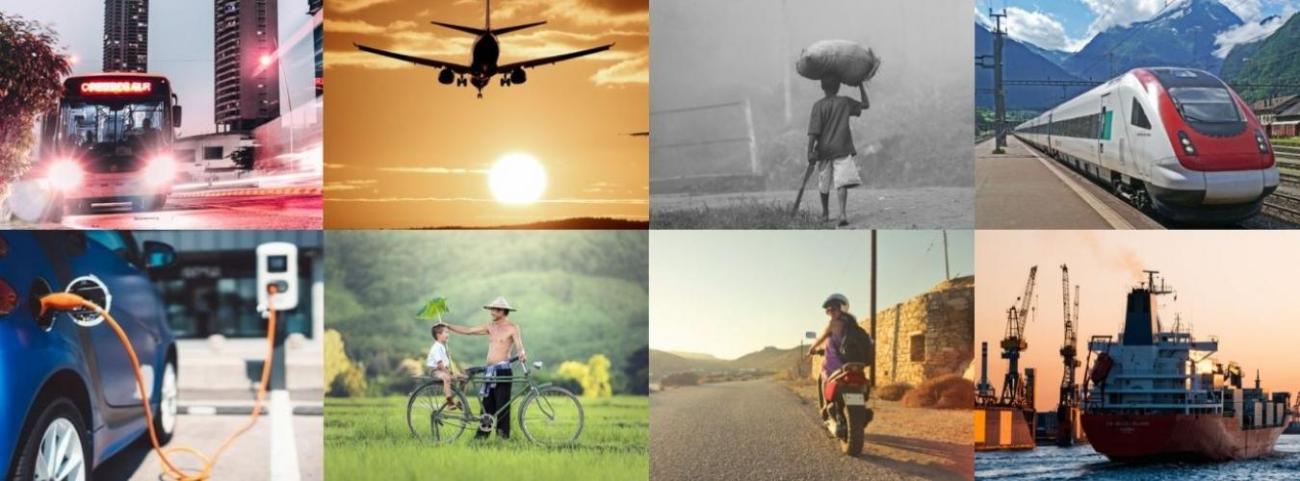A dialogue that situates transportation systems within broader discussions on net zero and air pollution.
Watch the dialogue: https://bit.ly/3XArpdq
On 20 January 2023, the UN and the University of Guyana Green Institute co-hosted a policy dialogue, which was facilitated by Professor Roger Vickerman, Emeritus Professor of European Economics at the University of Kent.
In his presentation Professor Vickerman considered the notion of transport justice (the way in which access to transportation has differential economic outcomes for specific population segments), as well as the relative share of carbon emissions accounted for by the private and public components of transportation systems. The presentation highlighted the costs to public health associated with worsening air quality as road traffic increases. Reviewing different transportation networks (notably roads and waterways), Professor Vickerman further considered the relative advantages of private and public transport systems, including questions of cost, integration, regulation and disability inclusion. His presentation ended with a series of policy implications on future transport sector planning in Guyana. Guyana’s Low Carbon Development Strategy 2030 directly considers the necessity of building the relevant infrastructure for low carbon public and private transportation systems.
This dialogue series considered policy options for responding to the triple challenge of climate change, biodiversity loss and pollution. Consistent with the right of all people in Guyana to self-development, opportunity, and a healthy environment, the dialogues have considered Guyana’s growth trajectory, the global transition away from fossil fuels, and incentives in environmental protection.


